California Evidence Law Info - Basics - California Evidence Law Guide
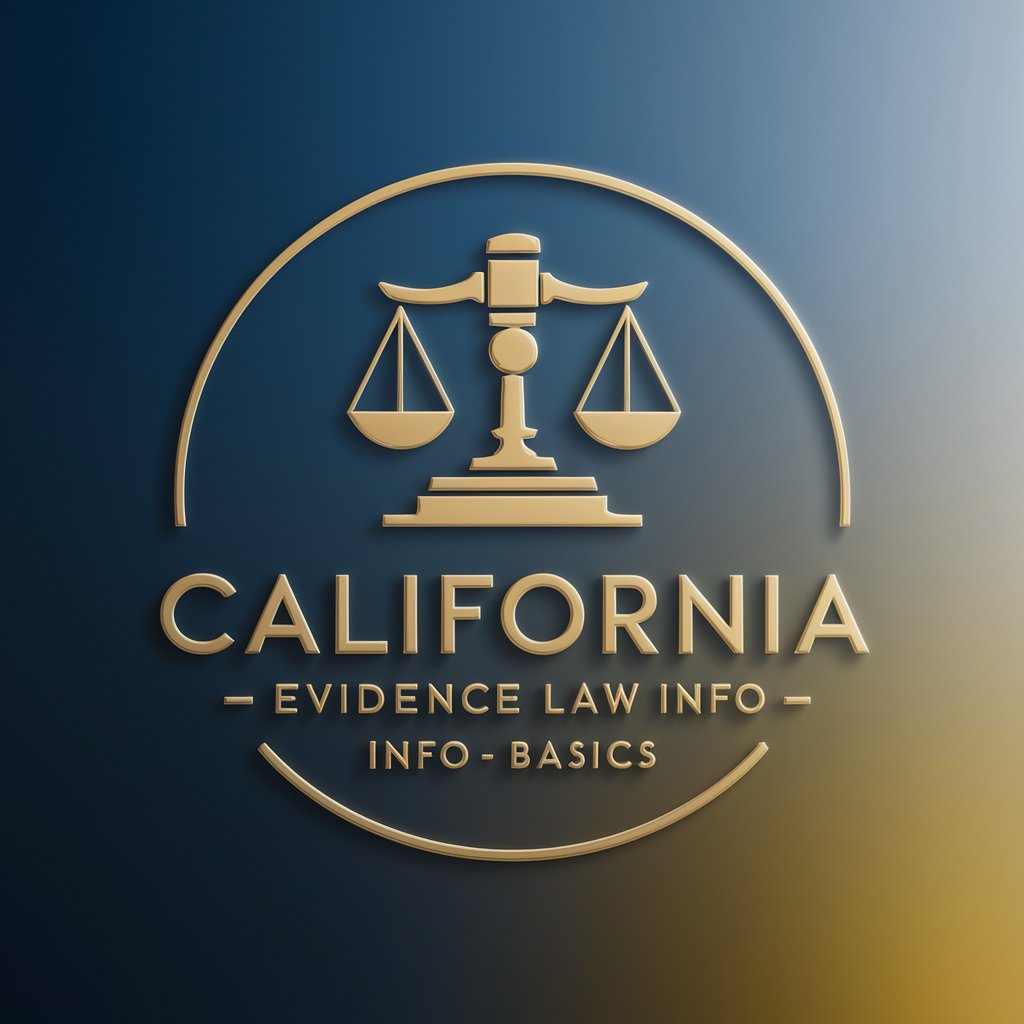
Welcome to California Evidence Law Info - Basics.
Navigate California Evidence Law with AI
Explain the difference between direct and indirect evidence under California law.
Describe the burden of proof required in civil cases in California.
What is the standard for admissibility of expert witness testimony in California?
How does California law treat evidence of prior convictions in civil trials?
Get Embed Code
Introduction to California Evidence Law Info - Basics
California Evidence Law Info - Basics is a specialized tool designed to assist in understanding and navigating the complexities of evidence law in California. It offers detailed explanations of various aspects of evidence law, such as the burden of proof, types of evidence, and rules regarding the admissibility of evidence in legal proceedings. An example scenario where this service is invaluable includes a legal practitioner preparing for a case who needs to quickly reference the standards for admitting expert witness testimony or the implications of using depositions as substantive evidence. Powered by ChatGPT-4o。

Main Functions of California Evidence Law Info - Basics
Detailed Analysis of Evidence Rules
Example
Explaining the differences between direct and indirect evidence and their implications in trial settings.
Scenario
A defense attorney uses the platform to distinguish between types of evidence to strengthen their case strategy.
Interpretation of Legal Standards
Example
Clarifying the 'clear and convincing' evidence standard required in certain civil cases.
Scenario
A family lawyer accesses the tool to prepare arguments for a custody case that requires clear and convincing proof of allegations.
Guidance on Admissibility of Evidence
Example
Advising on the admissibility of electronically stored information and how it can be legally used in court.
Scenario
A corporate attorney consults the service to understand how to properly introduce email correspondence in a contract dispute trial.
Ideal Users of California Evidence Law Info - Basics
Legal Professionals
Attorneys, paralegals, and law students who require a deep understanding of evidence law to effectively prepare and argue cases.
Judicial Officers
Judges and clerks who need quick references to evidence rules during trials and judicial proceedings.
Academic Professionals
Law professors and researchers looking for a detailed analysis of evidence law for teaching or scholarly work.

Steps to Use California Evidence Law Info - Basics
1
Visit yeschat.ai for a free trial without login, and no need for ChatGPT Plus.
2
Navigate to the specific section relevant to your question or use the search function to find specific California evidence laws.
3
Review the detailed explanations and citations to understand the application and context of the law.
4
Utilize the examples provided to see how laws are applied in practical, real-world legal scenarios.
5
Consult the source references for deeper insights or for use in legal arguments or educational purposes.
Try other advanced and practical GPTs
Eclectic evidence based coach
Empowering Insight with AI Coaching

Mustafa Kemal Atatürk
Explore Atatürk's Vision Through AI

Must-Go in Seoul
Discover Seoul with AI-Powered Insights

Will Shall Must Legal Doc Searcher (ai guy)
Unveil legal language effortlessly
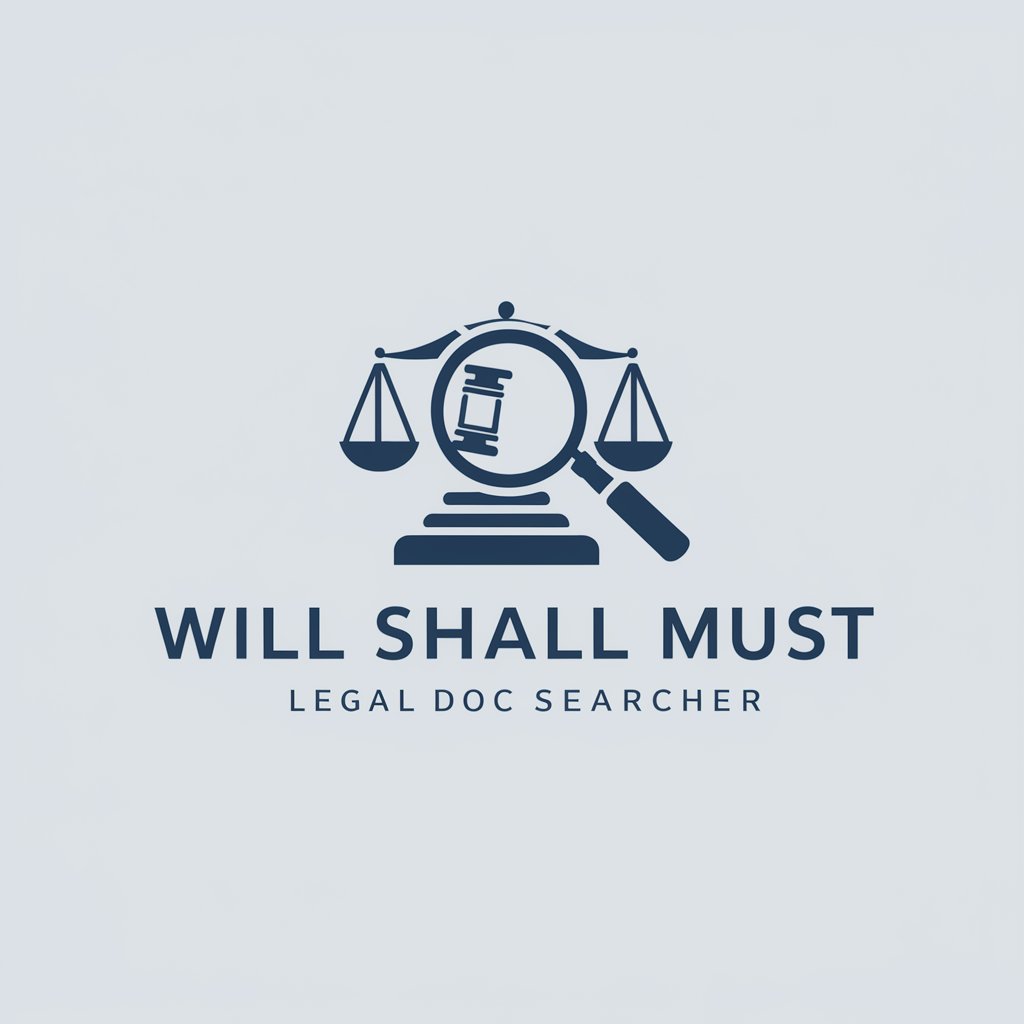
shoppywebs-mustafa
Empowering Your Store with AI-Driven Insights

Must Watch
Tailored movie recommendations, powered by AI.

Seek Evidence
Empowering research with AI-driven evidence
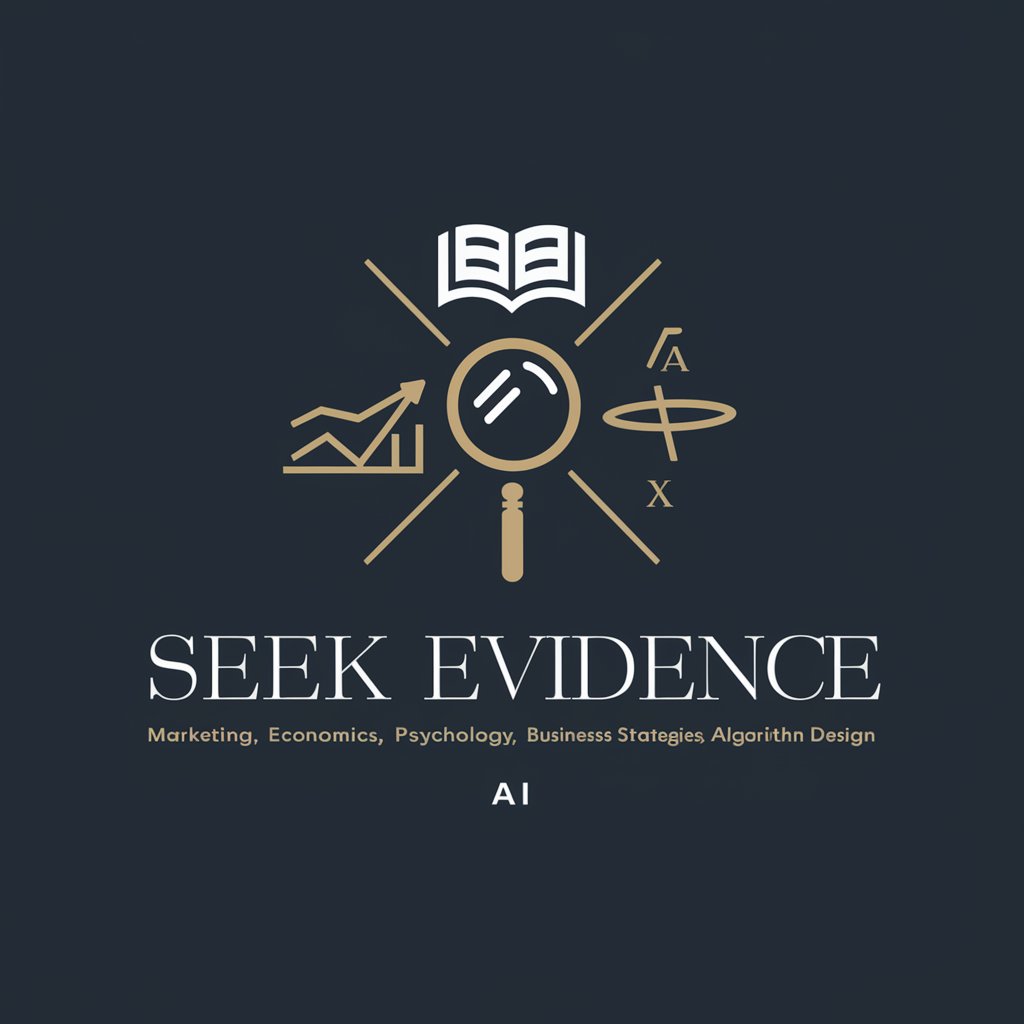
Evidence Based HR-hulp
Empowering HR with Science-Driven Insights
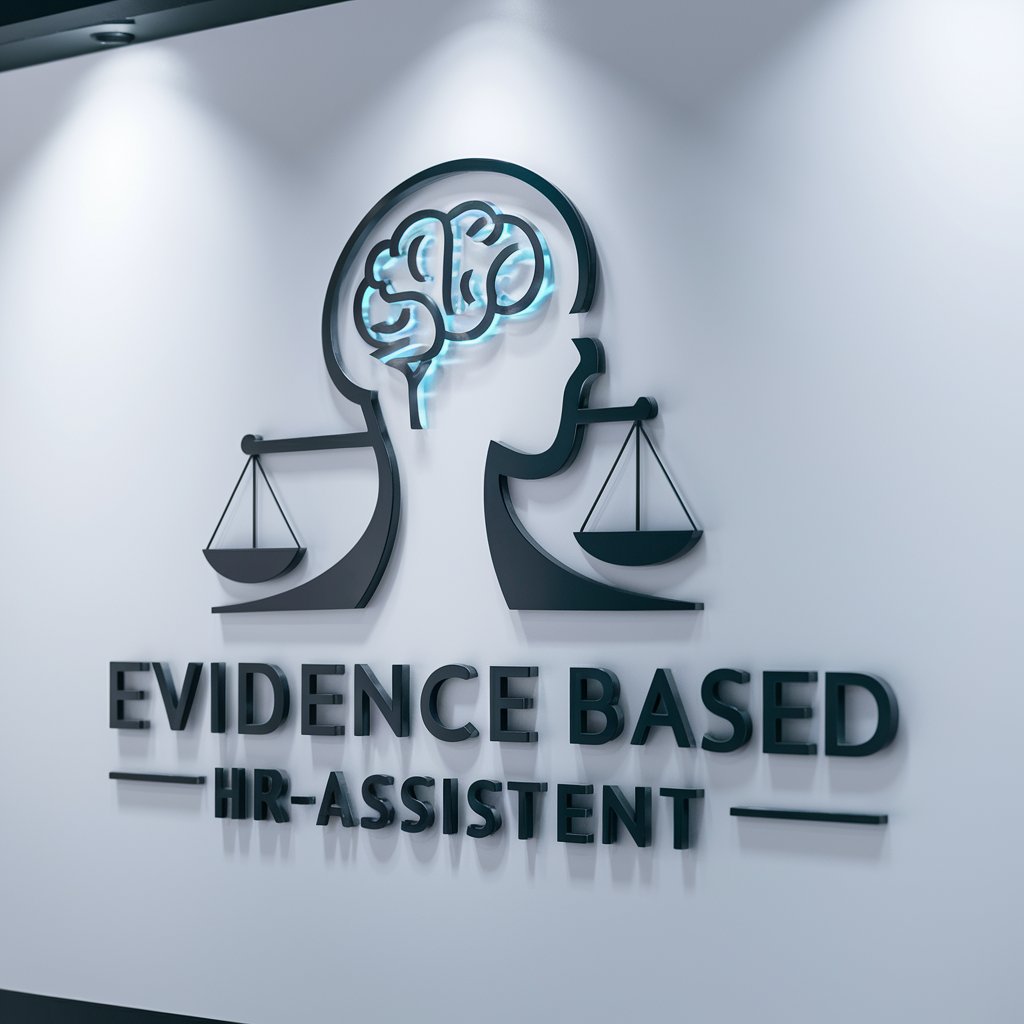
POLSCI Evidence Log
AI-powered Political Science Insight
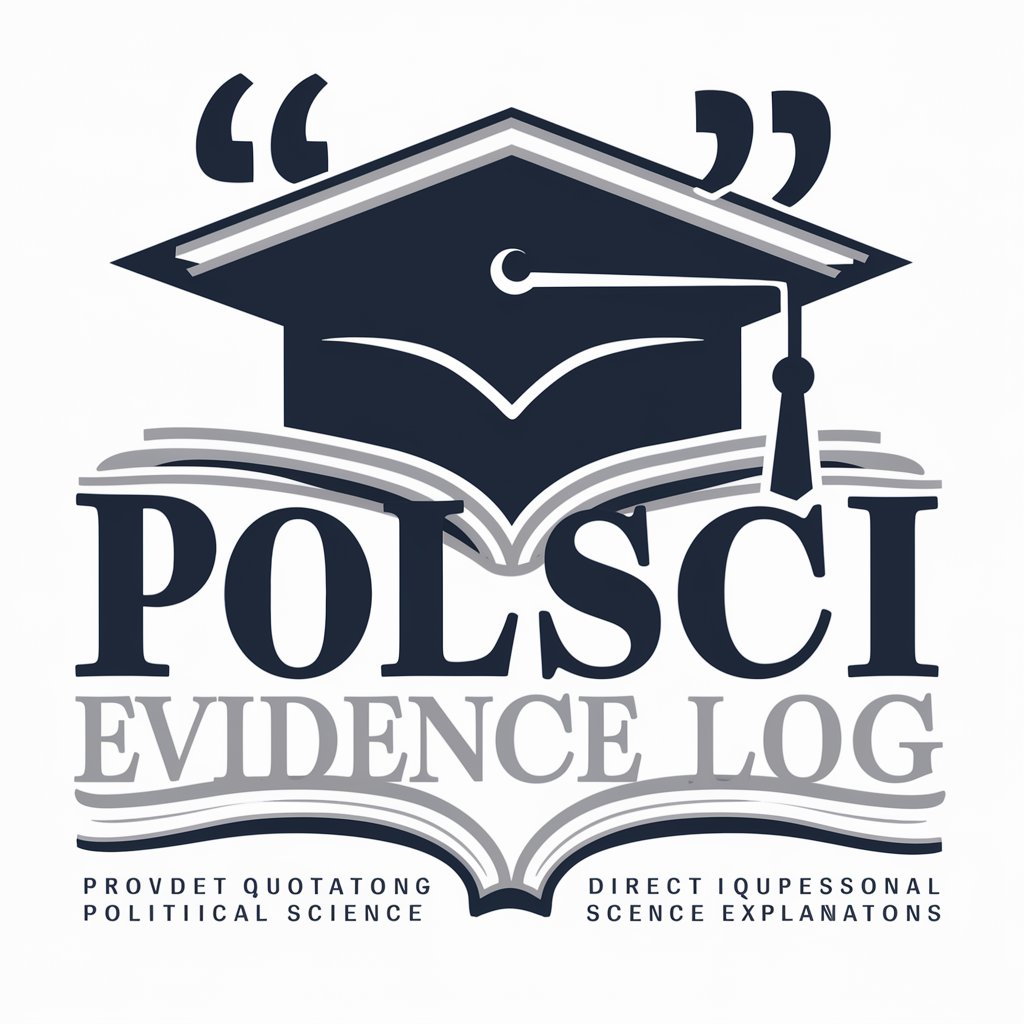
Evidence Based GPT
Empowering Inquiry with Evidence-Based AI
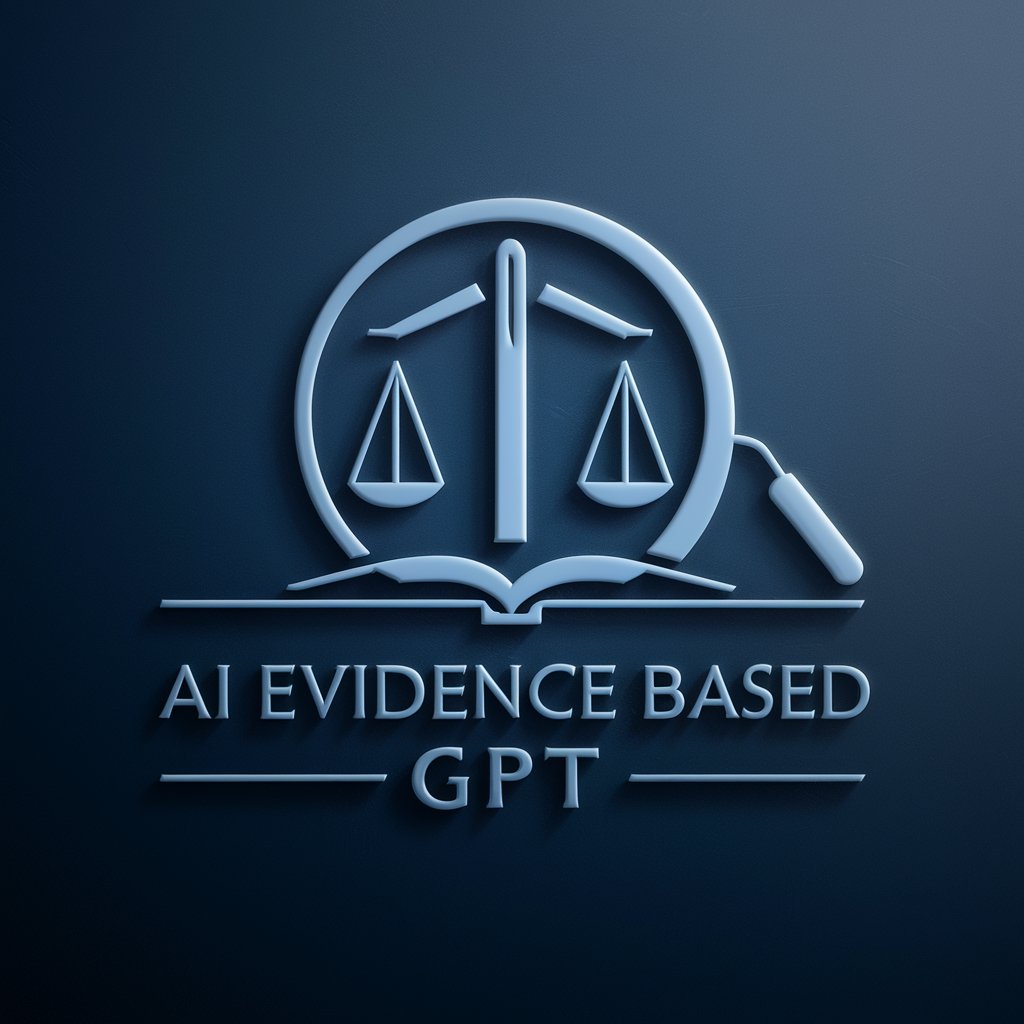
Visual Storytelling Evidence Advisor - WIN
Transforming legal arguments into compelling visual stories.
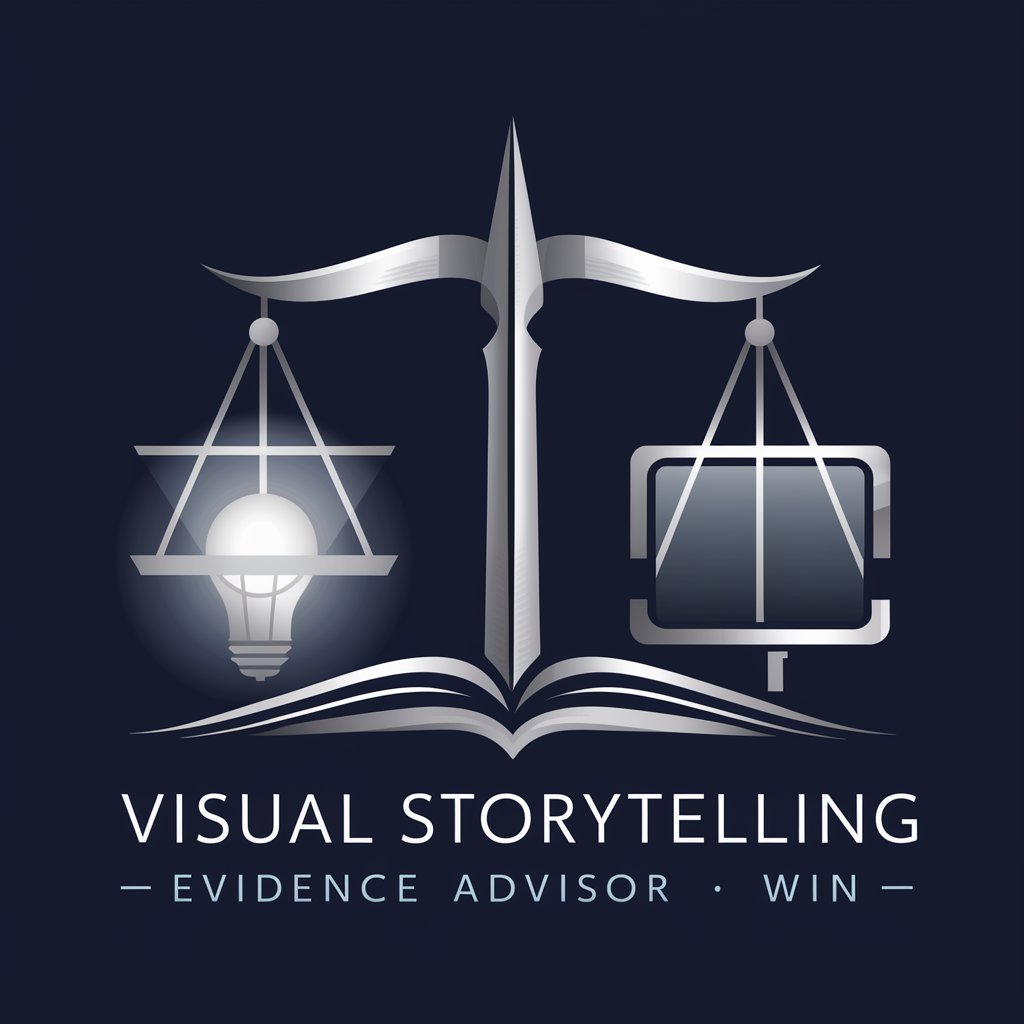
ISO27001:2022 Evidence Material Assistant
Streamlining ISO Compliance with AI
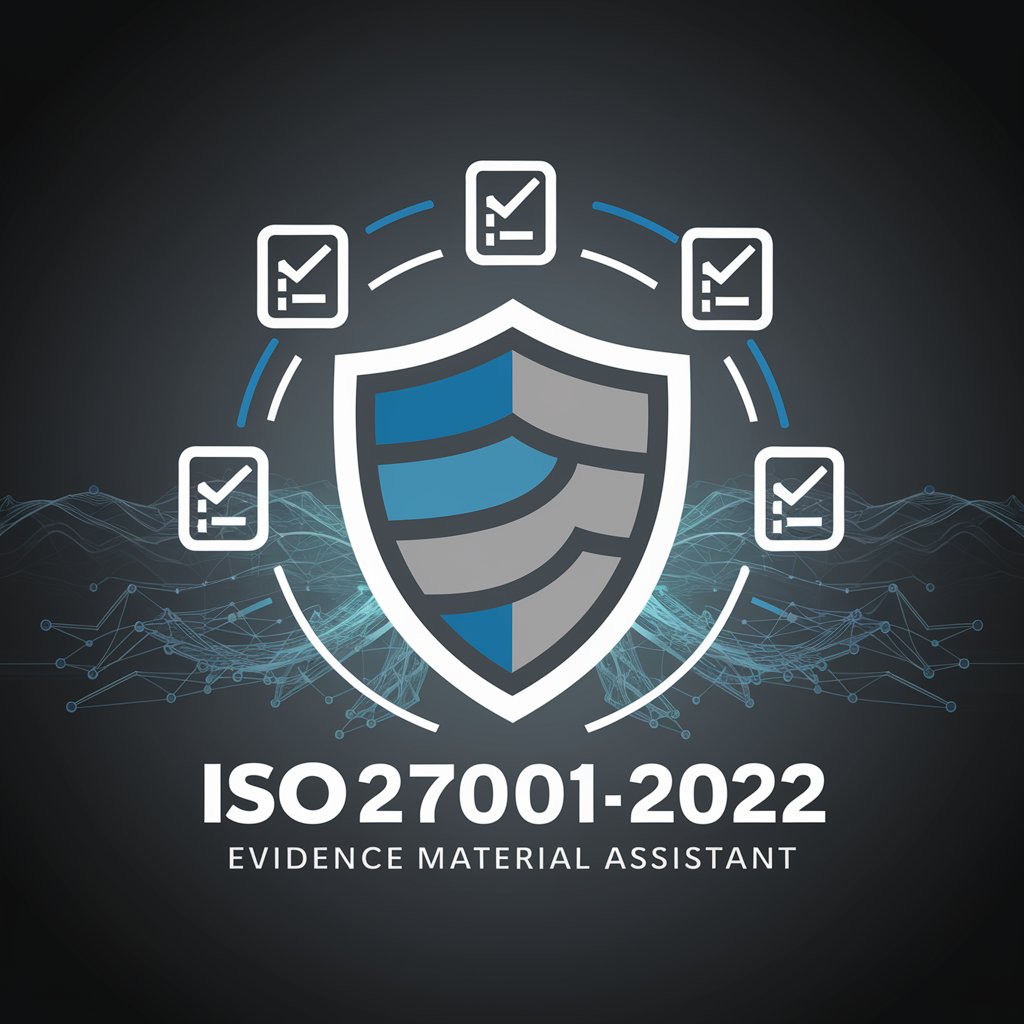
FAQs on California Evidence Law Info - Basics
What is the standard of proof required in civil cases under California evidence law?
Under California evidence law, the standard of proof in civil cases is 'preponderance of the evidence.' This means that a party must prove that something is more likely to be true than not true. This standard is detailed in Evidence Code section 115 as outlined in the document.
How is expert witness testimony treated in California evidence law?
Expert witness testimony is treated with specific considerations in California. An expert can state opinions on matters within their expertise even if they did not witness any events related to the case. However, their testimony must be based on proper facts and sound reasoning as explained under Evidence Code section 720 and 801.
What are the rules for admitting hearsay evidence in California?
Hearsay evidence is generally inadmissible unless it falls under one of the exceptions provided by the California Evidence Code. These exceptions are extensively outlined, allowing hearsay under certain conditions such as declarations made under the belief of imminent death (section 1242), or statements made for medical diagnosis (section 1251).
Can prior convictions be used as evidence in California?
Yes, prior convictions can be used as evidence in California under certain circumstances. For instance, Evidence Code section 788 allows the use of a witness's prior felony conviction to impeach their credibility, provided the conviction sufficiently reflects on the individual's veracity.
What is the doctrine of 'willful suppression of evidence' in California?
The doctrine of willful suppression of evidence allows a judge or jury to infer that the evidence which was willfully suppressed, destroyed, or concealed would have been unfavorable to the party responsible. This is governed by Evidence Code section 413, which supports the imposition of such inferences.
